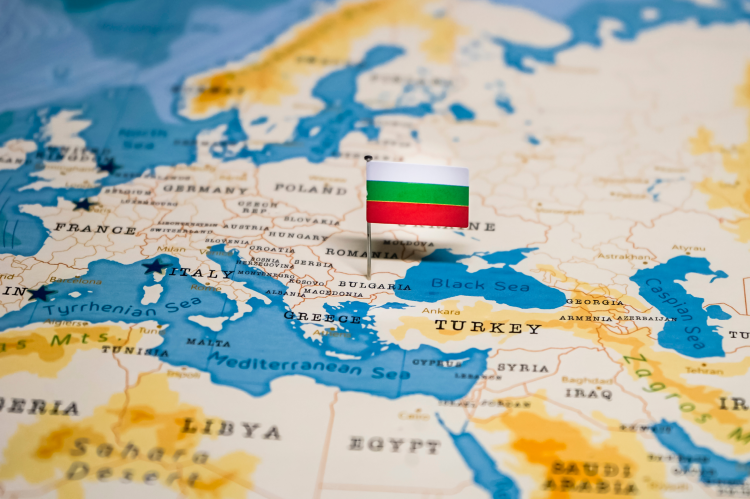Works Begin on Bulgarian Section of Interconnector Bulgaria-Serbia Gas Pipeline

Bulgaria, last week, began the construction activities for the long-delayed natural gas interconnector pipeline linking the country to its neighbour Serbia, allowing the transportation of non-Russian gas supplies to Belgrade to help bolster the security of supply in southeastern Europe, EU Commission announced.
The Interconnector Bulgaria-Serbia (IBS) is recognized as a Common Interest Project of the EU and is a top priority of the CESEC High-Level Group.
"The beginning of the works on IBS marks another critical milestone in the region's pathway toward diversification of sources and routes. It is now crucial that both governments and operators closely cooperate to ensure that the pipeline is ready and operational in the 2nd half of 2023," EU Commissioner for Energy, Kadri Simson, said in a video message to the meeting.
With the start of construction marked by a high-level event in Golyanovtsi, Kostinbrod Municipality, Sofia District, attended by representatives from the European Commission and Infrastructure and the European Climate, Environment Executive Agency (CINEA), the pipeline aims to diversify gas supplies and increase energy security in the region.
Planned to be operational by the end of 2023, the 170 km-long consists of 62 km in Bulgaria territory and 108 km in Serbia, with the capacity to transport 1.8 billion cubic meters of gas per year and the ability to flow in both directions. The project is crucial for diversifying Serbia's gas supplies, reducing dependence on Russian gas, and offering alternative supply routes in South-East Europe.
The Bulgarian section received EUR 27.6 million from the EU's Connecting Europe Facility Energy program and EUR 6 million from structural funds, while the Serbian section was funded by an EU grant of EUR 49.6 million through the IPA scheme.
"This project gives new opportunities to the region for genuine diversification and security of supplies," Bulgarian President Rumen Radev said at the opening ceremony, which Serbian President Alexander Vucic also attended.
